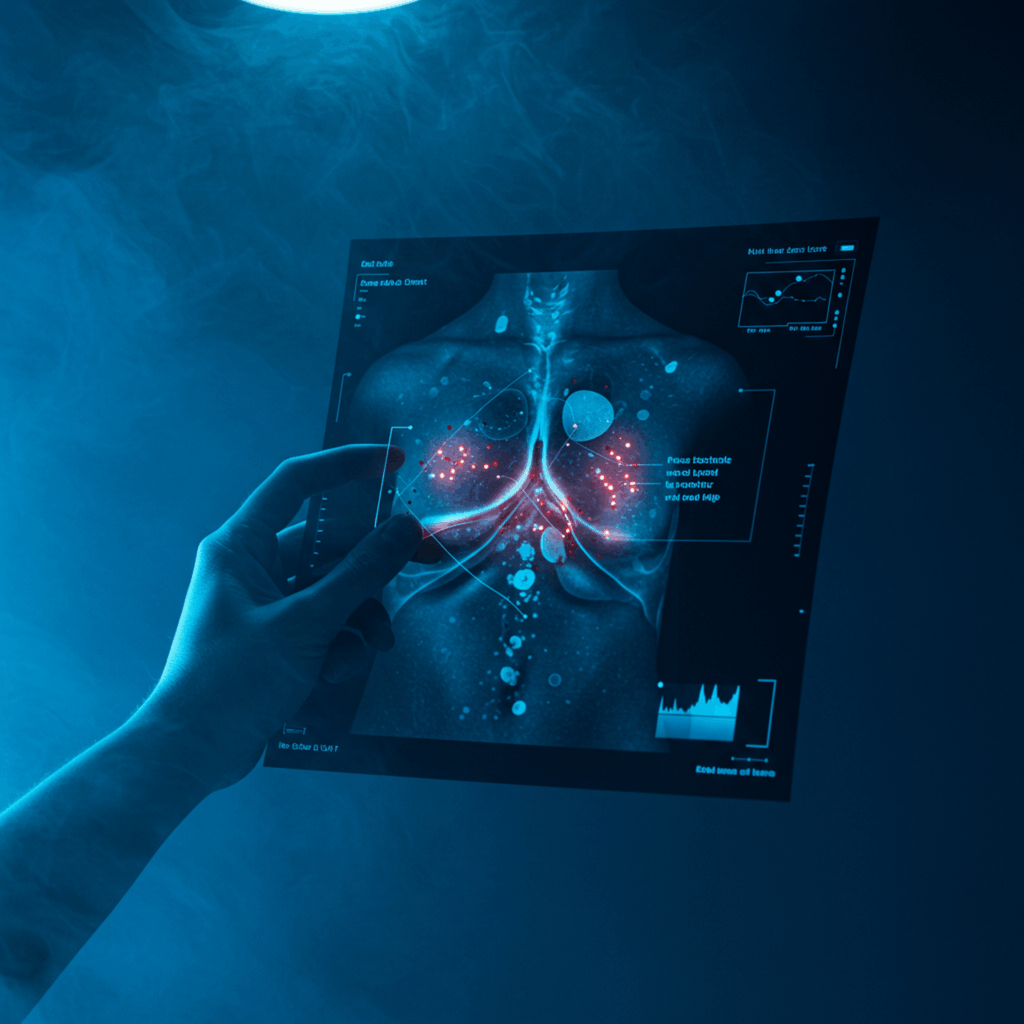Enhancing accuracy in early breast cancer diagnosis with AI.
Introduction:
Early detection is critical in the fight against breast cancer. Yet, even with advanced imaging tools, missed diagnoses remain a serious issue. AI-powered medical image annotation is emerging as a powerful solution, helping radiologists improve diagnostic accuracy and ultimately, patient outcomes.
The Problem: Missed Diagnoses in Breast Cancer
Despite technological progress, subtle imaging features, human fatigue, and interpretive variability still contribute to missed breast cancer cases. These delays in diagnosis can lead to poorer prognoses and reduced survival rates. Addressing this challenge requires innovation—and AI is stepping up.
The Solution: How Medical Image Annotation Helps
Medical image annotation involves labeling radiological images (e.g., mammograms, MRIs) to train AI algorithms. These annotated datasets enable AI to detect patterns and abnormalities, often too subtle for the human eye. With machine learning, AI can support radiologists in identifying potential cancers more accurately and consistently.
Real Impact: Improved Accuracy and Early Detection
Trained on high-quality annotated images, AI models can analyze scans with exceptional precision, reducing diagnostic errors and false negatives. For instance, one hospital saw a 15% drop in false negatives after integrating AI-assisted image annotation into its workflow—leading to faster, more effective treatment.
Implementing Image Annotation in Radiology Workflows:
Integrating AI-driven annotation tools into clinical workflows is becoming easier. Automation of repetitive tasks allows radiologists to focus on complex cases, boosting both efficiency and diagnostic quality. When choosing a data annotation partner, prioritize experience, medical expertise, and adherence to data privacy standards.
Conclusion:
AI-powered medical image annotation is a game changer in breast cancer detection—enhancing accuracy, reducing missed diagnoses, and ultimately saving lives.
Ready to improve diagnostic outcomes in your practice? Contact us today to learn how.
